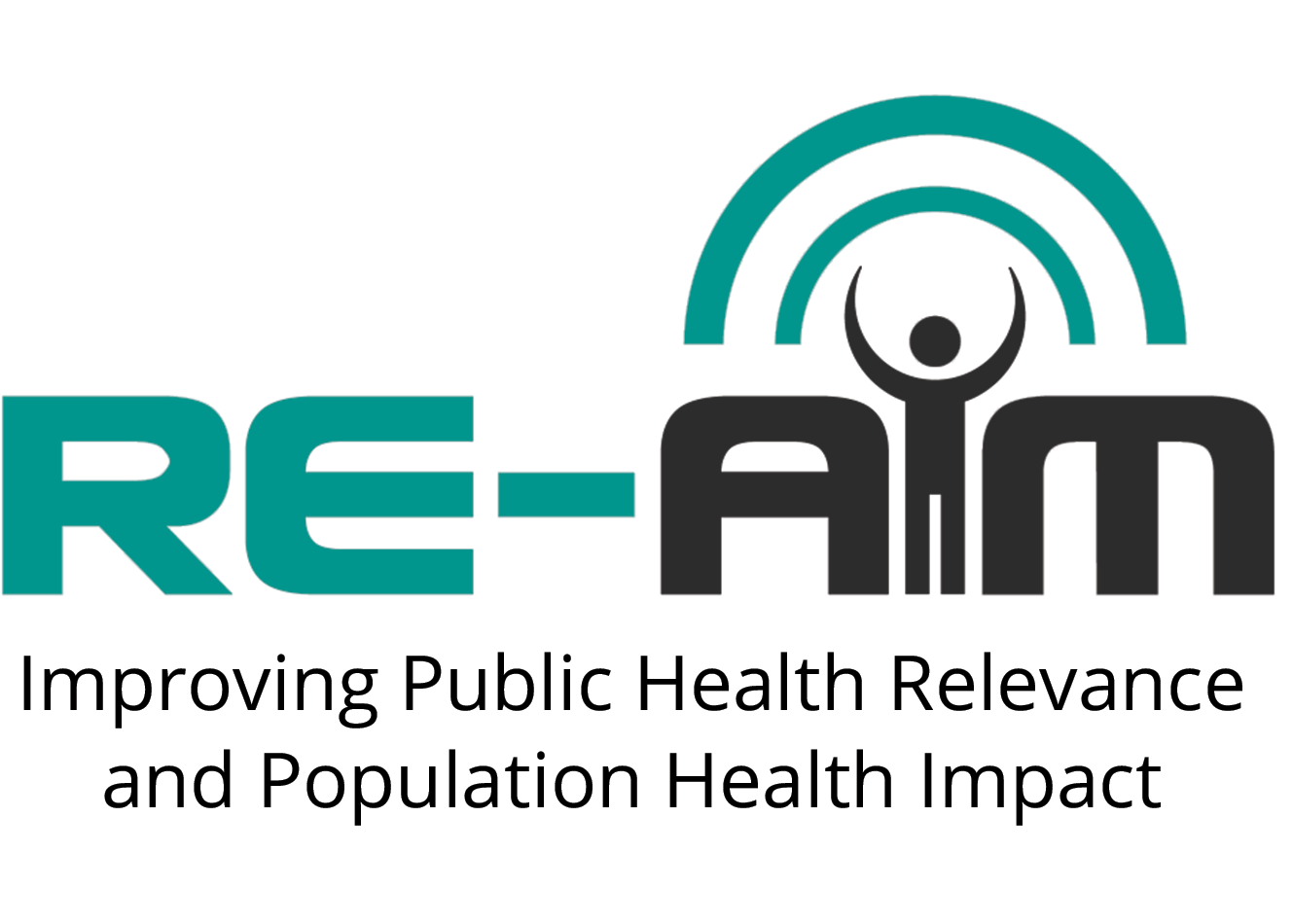Evaluating Initial Reach and Robustness of a Practical Randomized Trial of Smoking Reduction.
Glasgow RE, Estabrooks PA, Marcus AC, Smith TL, Gaglio B, Levinson AH, Tong S.
Health Psychol 2008 Nov 27(6):78-788.
Objective: This study evaluated the reach, initial effectiveness, and potential moderators and mediators of results of a smoking reduction program.
Design: A generally representative sample of 320 adult smokers from an HMO, scheduled for outpatient surgery or a diagnostic procedure, were randomized to enhanced usual care or a theory-based smoking reduction intervention that combined telephone counseling and tailored newsletters.
Main Outcome Measures: Self-reported number of cigarettes smoked and carbon monoxide levels.
Results: The intervention enrolled 30% of known eligible smokers and produced reductions of 3 cigarettes per day greater than enhanced usual care. Intervention participants were significantly more likely than control participants to achieve at least a 50% reduction in self-reported number of cigarettes using complete cases, imputation analyses, and intent-to-treat procedures. Similar patterns were seen for carbon monoxide results but were significant only in complete case analyses. The intervention was generally robust across patient characteristics (e.g., education, ethnicity, health literacy, and dependence) and phone counselors.
Conclusion: Initial results suggest that this program has potential to reach and assist smokers who may not participate in cessation programs. Additional research is indicated to enhance intervention effects, assess maintenance, and evaluate public health impact.
